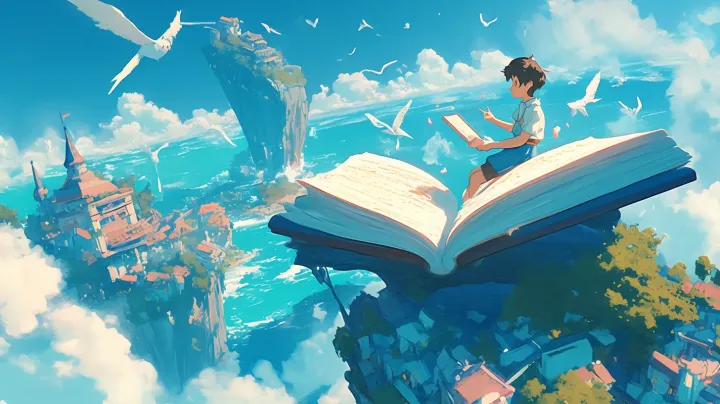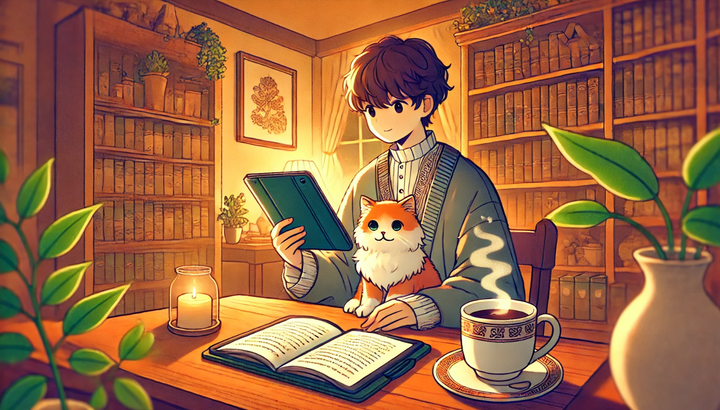Plot Armour: The Misunderstood Label That’s Ruining Good Stories
Why Quick Judgments Can Undermine Great Stories
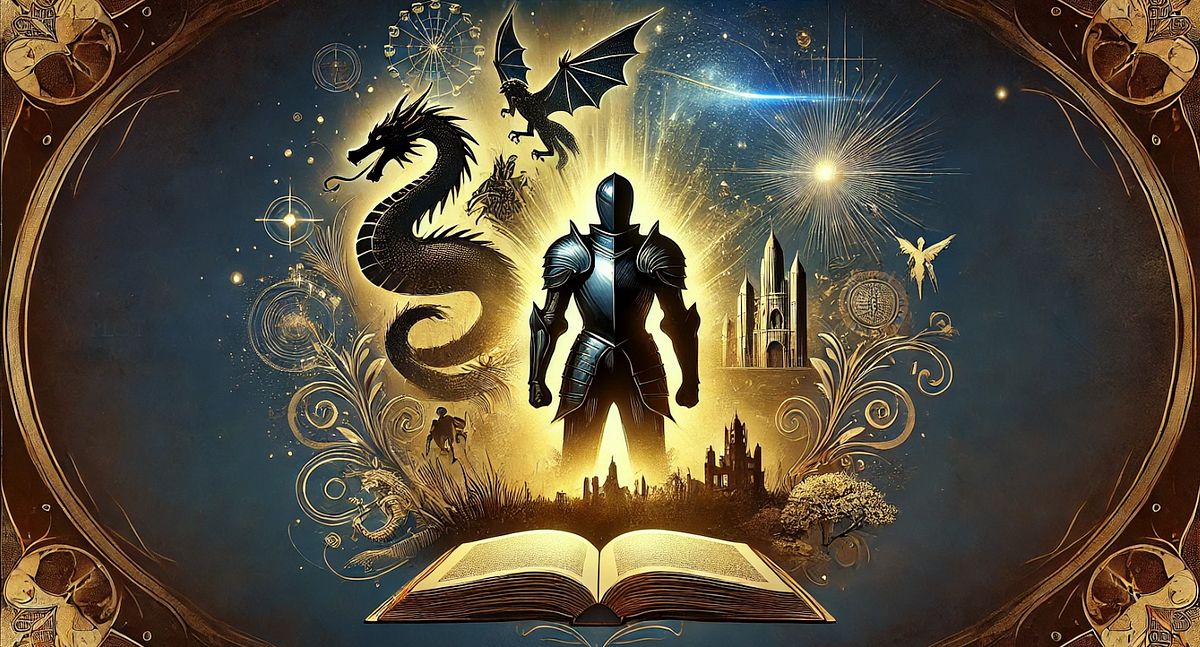
Debunking the Plot Armour Myth
Plot Armour: The Misunderstood Label That’s Ruining Good Stories
A month ago, I went searching for a new fiction to pass my time. I was lucky to find an interesting one in my favourite genre, Time Travel. I was intrigued by the synopsis; the conflict, too, seemed fascinating, but I ultimately decided to put off the novel. Why? Because of this tag: “Plot Armour”. All the excitement and interest towards that novel disappeared in an instant.
Last week, however, I decided to give it a try. Then came the discovery. This was a pretty decent novel. I enjoyed it quite a bit. But I realised something. One tag in the reviews made me put down a book I was eager to read. How could it be so powerful that readers would skip a whole adventure? What does it really mean?
Through my search for answers, I found that the word “plot-armour” has two meanings. One is the classic dictionary definition, and the other is the commonly used one. I don’t remember the exact phrasing, but the dictionary defines it as “The phenomenon that ensures the survival of characters so that the plot can be continued”.
Confusing? Then, let’s see an example. If the main character’s grandfather was once saved from a truck by a random cyclist, that’s plot armour. Why? Because the plot wouldn’t have continued without him. Or if the girlfriend conveniently has to move to a different place right before the villain plans to kidnap her. Yet he makes sure that she’s not killed. Once again, this is plot armour in action. The “Girlfriend” is important for a happy ending.
But its counterpart, the commonly used meaning, is more complex. It has multiple facets. Sometimes, it refers to the character being a prophecy child, and other times, it refers to the villains being too easy; it even means that the author is not putting the necessary effort into writing the novel. Why is that? A word can have multiple meanings, but the descriptions are too wide in this case.
It’s not as simple as readers hating overpowered characters. If it does, then characters like Mash Burnedead, Saitama, Sung JinWoo, Erza and others are doomed to fail. However, they have some of the highest followings in the anime community.
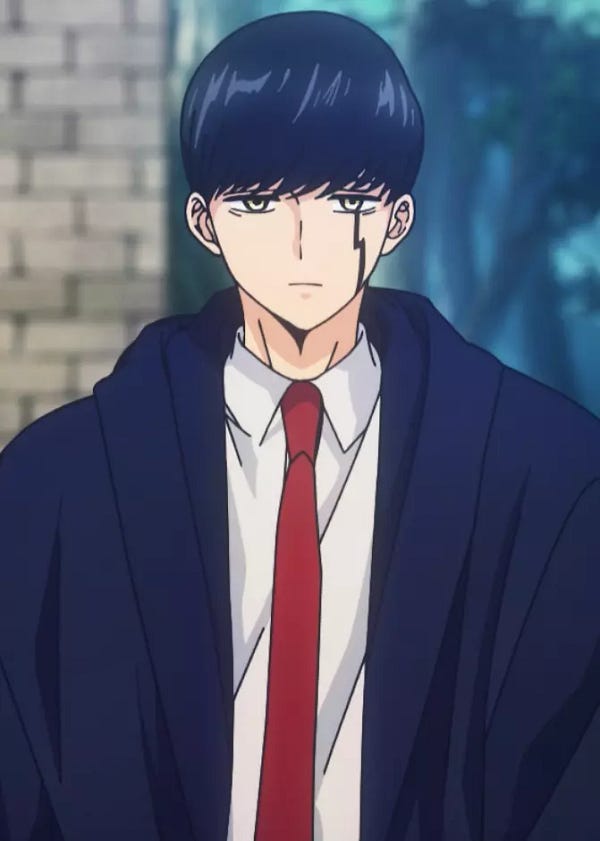
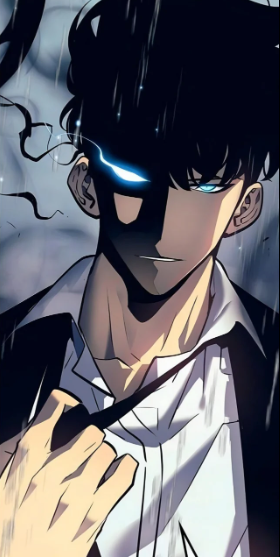
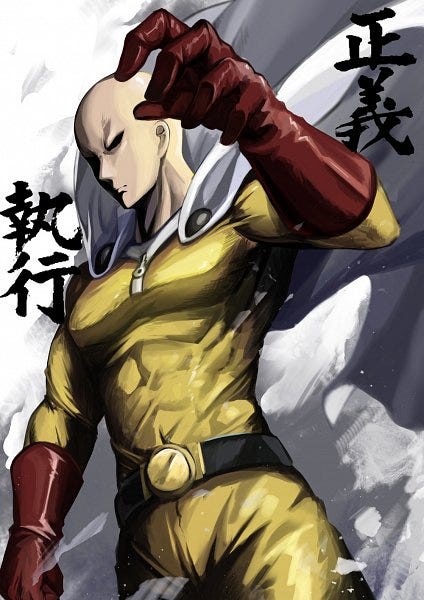
So, that’s not the only case. It’s also not the case that the character’s development feels earned. Naruto’s talk-no-jutsu or Natsu’s power of friendship are the powerups they get randomly when everything fails. Yet we all know how loved these characters are. It’s not uncommon for stories to have simple armour. But, something deeper had to shift for a word to be collectively frowned upon. So, what’s wrong?
Where do people find this trope? Does that influence the meaning?
As I delved into it, I found that most of this negativity stemmed from a particular group of novels— those that follow the “chosen ones” trope. This is the classic David Vs Goliath trope, where the main character from seemingly humble origins would grow up and defeat the extremely powerful enemies and demigods. It’s honestly the single most overused trope in fiction since the time of Tolkien. However, each journey is presented differently; they go through different things and choose to sacrifice things they hold dear to gain the power to defeat Goliath.
Recently, however, people started associating this trope with 1-D Characters with no motivation who get things handed to them through the “power of destiny”. The novels in this genre are too overpopulated, and the overall hate towards the prophecy-based novels is at an all-time high. What could be the possible reasons for these? Everyone is happy with Harry Potter or the Eye of the World series. Why do they hate the new ones suddenly? I found three common reasons for these.
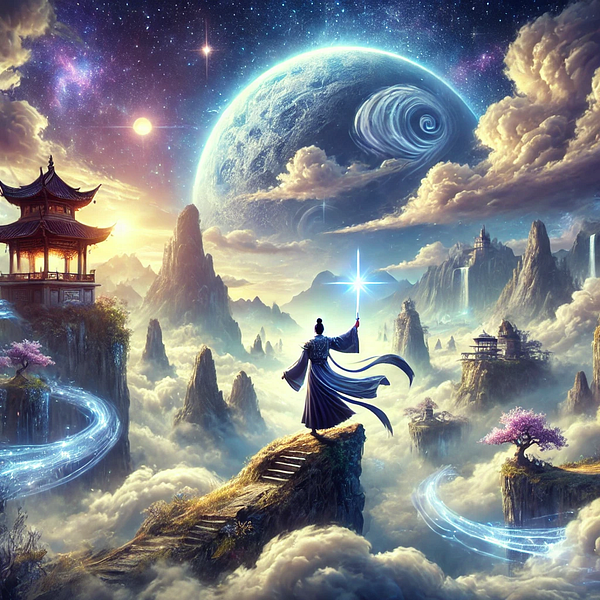
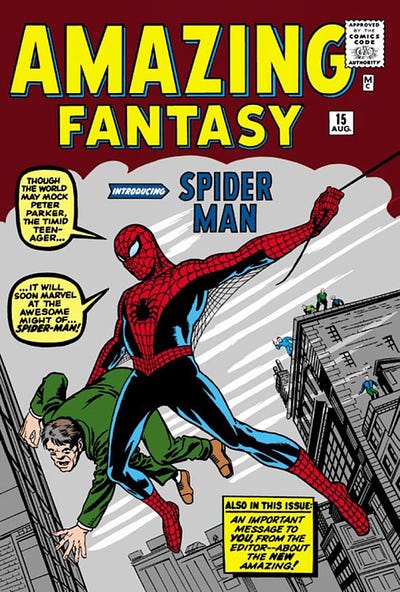
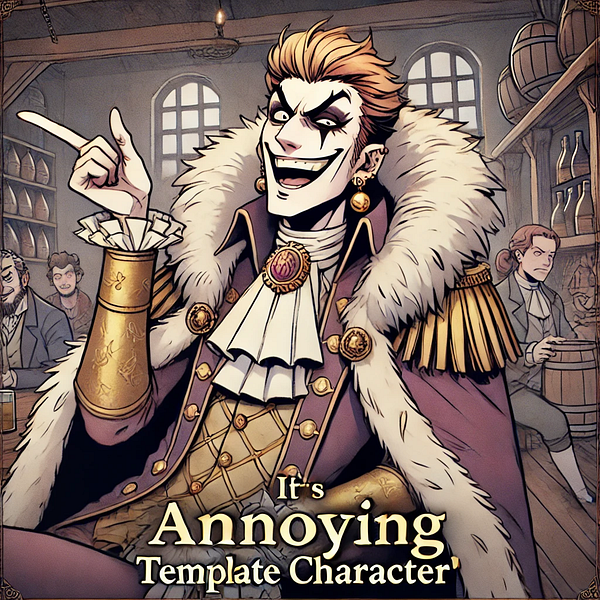
- Observational Bias: Let’s go to the world of Chinese fiction, Xianxia. In these worlds, many people start the path of cultivation. For people unfamiliar with the path of cultivation, it is a lifestyle of ascending to defy the heavenly laws and ascending to immortality. This is going against all natural laws. And the worlds of these novels are filled with people trying to do that. However, one must have tremendous luck, skill and resources to achieve that goal. We follow only one character who happens to have all three with him (often, one is missing). Why? Because we are following the story of a guy who has succeeded in defying the heavens. It’s not that the other characters are just bland. They, too, are defying the laws of nature. They grew powerful because they did that successfully to some extent. But we only deeply observe “one” character of the world who happens to succeed.
- Exaggerated crisis: This matter can be described by the recent failure of the Marvel movies. Every superhero is saving the universe from destruction. The fans are now like, “You know what? if there are so many instances to destroy a universe, then it’s better just to get done with it.” The crisis tends to get normalised. Not every superhero needs to save the multiverse. Please give them some normal crisis once. This is where series like ”The Boys” or “Invincible” present superheroes differently. While the superheroes are selfish and over-egoistic, the other portrays them as realistic, having injuries and facing difficulties. That’s why the original Spider-Man is such a classic. It’s just a teenager managing his day-to-day life while saving people.
- Template characters: This one’s on the authors. If you are a reader, you should know that one annoying template character. He comes in saying, “You are worthless.” to the main character, just to get beaten the hell out of him, and goes back. Then, some other character comes, and that’s just like this. Another template is that one guy-in-the-chair who every hero has, who is fat, intelligent and there for comedic relief. If your readers confuse the character with a completely random one, then the character is not good.
Are all the stories like this?
Of course, this might feel like cherry-picking the worst examples and generalising the entire series, but that’s what people tend to do. If one likes Harry Potter, they explore other high-fantasy novels. That’s why the word “plot armour” is repeatedly used in multiple ways. Many people label stories with “Heavy plot armour” because of any random aspect they find as the above. But that leads to a problem. The stories at extremes, like the One Punch Man, Mash-le, etc. or the other extreme, basically the trashy-isekai anime, are easily distinguished. The problem is when decent stories get this label. Some good stories avoid that label using multiple strategies.
Some stories make the entire main character based on chance. To understand this better, let’s look at Harry Potter. The reason why Harry became the chosen one is because Voldemort chose to kill him first. If he went after Neville instead, we would have seven books, eight movies and an upcoming TV show named “The Longbottoms” instead of “Harry Potter”. Another example is the game “Elder Scrolls III: Morrowind”. In this, the lore has many Nerevarine, the warrior chosen by the gods, and the MC is one such candidate. Even Percy Jackson does the same thing.
Other stories, however, take a different approach. They start by making us realise that the MC deserves his power up. He would be discriminated against, humiliated, and on the verge of mental breakdown and desperately wish for a better life. The readers start wishing the same as they flow with the character.
There is another interesting path. The main character would be strong, but the world he plays around is hell. There’s no better example of this than the famous game Elden Ring. It is not something to explain but rather something to experience.
These decent stories do the same things. They place the justifications in the plot for the main character to deserve their armour. The armour for these characters feels deserved. But the reader often fails to notice it. I haven’t explored many such cases. Hence, in most cases, when a reviewer labels a story as having “Excessive Plot Armour”, it is just as meaningless as saying the earth exists. It is a meaningless critique of a story. So, skip this “plot-armour” label whenever you see it for a better idea of the story.
That’s all for today! I’ve shared links to interesting discussions, tales, and stories that dive deeper into this topic. Feel free to check them out if you’re curious to explore more. And, of course, I’d love to hear your thoughts — drop a comment below, and let’s discuss!
Follow The Story Taste for more discussions like this, along with my take on different stories. Thanks for sticking with me until the end. Until next time — happy reading! ✌️
Some sources to dig deeper:
- Author’s and reader’s perspectives on plot armours.
- Invincible doing what Marvel and DC can’t. → An interesting article by The Ramble, published on The Ugly Monster.
- An author’s guide to plot armours.
- The chosen one: A dead trope | TaleFoundry, YouTube.
- What if Neville was the chosen one? | Super Marvin Brothers, YouTube.
- The chosen one. Sorry. | TaleFoundry, YouTube.
- Interesting reddit discussions: r/Fantasy | r/CharacterRant | r/writing | r/ProgressionFantasy
